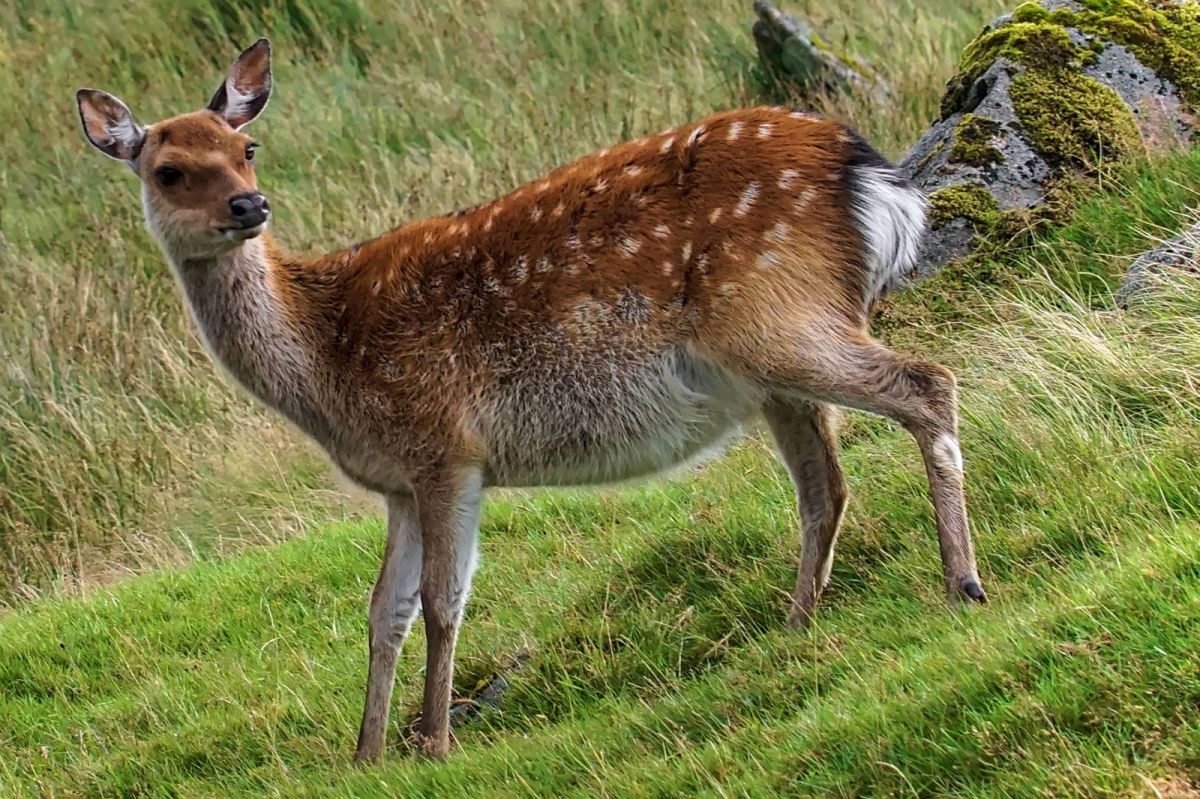Is there an appetite for a domestic venison industry?

This is one of the findings of a major consultation, which was launched last year.
The main concerns regarding the impacts of deer to emerge from the public consultation were biodiversity loss/damage (82 per cent); damage to agricultural crops/grazing (81 per cent); road safety issues (80 per cent); preventing the establishment of new forests (71 per cent); and a role in the epidemiology of tuberculosis in cattle (67 per cent).
This first major deer-impact consultation was launched last year by Minister for Agriculture, Food and the Marine, Charlie McConalogue, along with Minister for Housing, Local Government and Heritage, Darragh O’Brien. The consultation aims to inform the next phase of the development of the Deer Management Strategy Group. The consultation received over 1,500 submissions from people all over the country from a wide variety of backgrounds.
In order to tackle the problems raised by deer, 86 per cent of the survey’s respondents said culling of deer is needed. Some 78 per cent said supports for landowners to manage deer is required while 69 per cent said a domestic venison industry should be expanded.
The Deer Management Strategy Group will now progress the process by convening a series of stakeholder working groups to develop recommendations to managing the deer population effectively. These working groups will focus on development of the venison market, encouraging collaboration among stakeholders, necessary legislative changes, training and education initiatives and land management solutions. The group’s final report is expected to be published in the early autumn.
Commenting on the work of the group, Minister McConalogue said: “For agriculture as well as our nature ecosystems, it is important that we aware of the need for the sustainable management of our national deer population. These include the protection of biodiversity, newly planted forestry, pasture and crops, road safety, animal health, public health, and not least the health and welfare of the deer themselves.”





